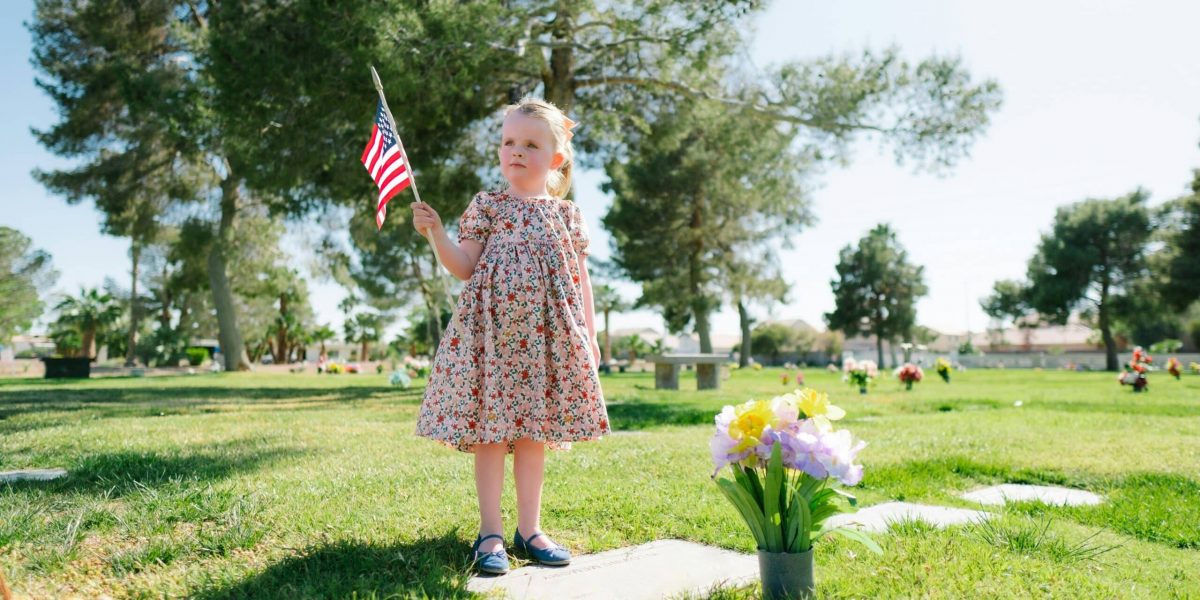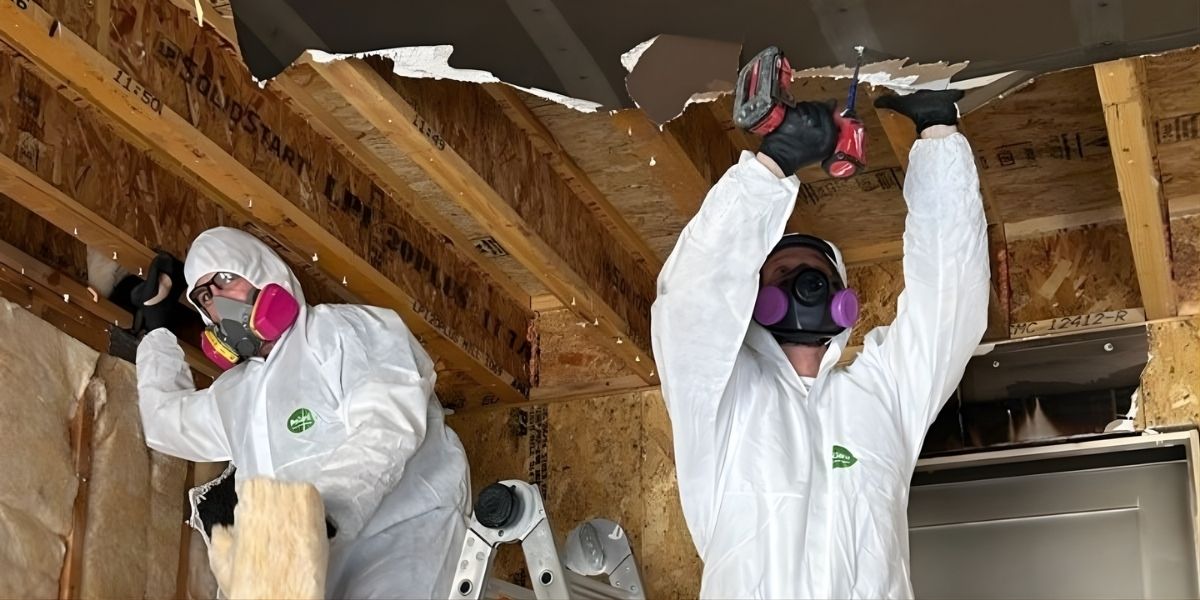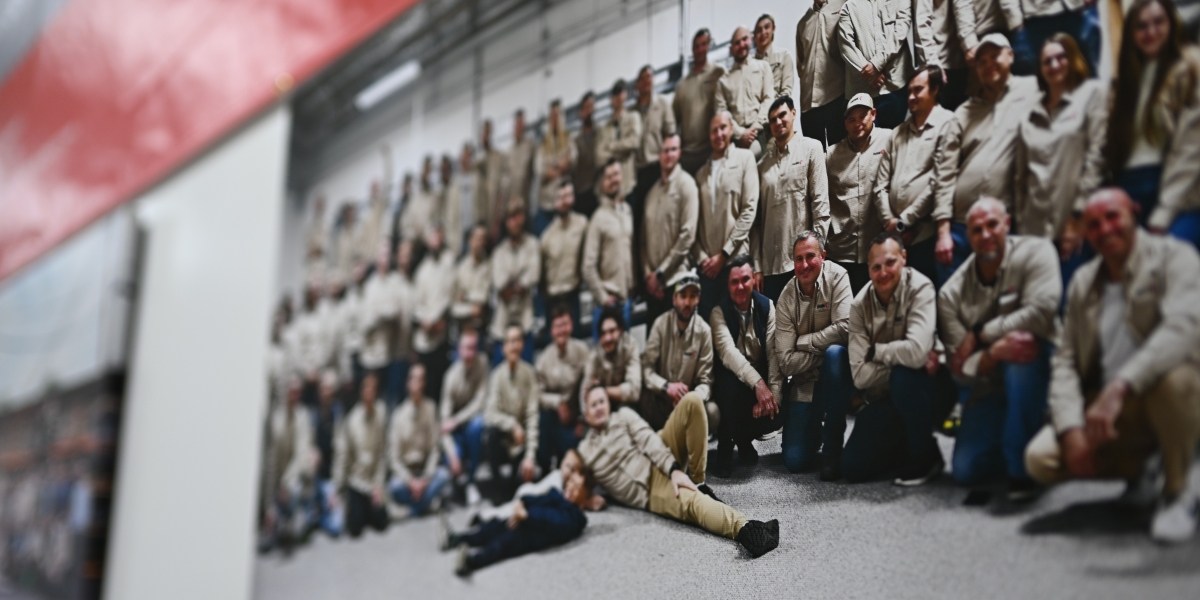Veterans Day is more than just a holiday in the United States. It is a time to honor the bravery and sacrifice of those who have served in the nation’s military. Every year on November 11, Americans come together to show appreciation for veterans, both past and present. While the day is marked by ceremonies, parades, and moments of reflection, its cultural significance runs much deeper. Veterans Day is a symbol of respect, remembrance, and unity, offering an opportunity for the country to reflect on the important role veterans play in American society. But what does Veterans Day truly represent, and how has it become such a significant part of American culture?
How Did Veterans Day Originate?
Veterans Day originally began as Armistice Day, marking the end of World War I on November 11, 1918. This day signified the armistice between the Allied nations and Germany, effectively bringing an end to what was then considered “the war to end all wars.” The United States, along with several other countries, observed Armistice Day as a day of peace and remembrance, honoring those who fought bravely in the Great War.
However, as time went on, the United States found itself involved in more conflicts, including World War II and the Korean War. Recognizing the need to honor all military veterans, not just those who served in World War I, Congress made a significant change. In 1954, President Dwight D. Eisenhower officially signed a proclamation changing Armistice Day to Veterans Day, expanding the meaning of the holiday to include all American veterans from every conflict.
Since then, Veterans Day has become an annual observance of not only the end of World War I but also the broader sacrifices made by millions of American soldiers. The significance of the date—November 11—remains rooted in its historical origins, but the holiday has evolved to recognize all veterans, regardless of the era or conflict in which they served.
Why Is Veterans Day Important to American Culture?
Veterans Day is deeply embedded in American culture because it represents the nation’s respect and gratitude for those who have served in the military. Unlike Memorial Day, which honors those who lost their lives in service, Veterans Day celebrates all who have served, living or deceased. It is a moment for the country to reflect on the freedoms it enjoys, freedoms made possible through the dedication and sacrifices of its veterans.
At its core, Veterans Day embodies the values of service, patriotism, and community. The military has always played a critical role in shaping the nation, and Veterans Day allows Americans to collectively express their appreciation. For many, the day is personal. It’s a time to think about family members or friends who have served, to attend local ceremonies, or even to reach out to veterans in their communities to say “thank you.”
Veterans Day also serves as a reminder of the shared responsibility to support those who have returned from service. In recent years, there has been a growing recognition of the need to provide better resources for veterans, from mental health services to housing and employment opportunities. The day is a reflection of the country’s ongoing commitment to ensuring veterans receive the care and recognition they deserve.
The cultural significance of Veterans Day also extends to education. Many schools and organizations host events, inviting veterans to speak to students about their experiences. These talks offer younger generations a chance to understand the realities of military service and the impact it has on both the individual and the nation. Through this, Veterans Day helps to preserve the stories of those who served, ensuring that their contributions are not forgotten.
How Do Americans Celebrate Veterans Day?
The ways in which Americans celebrate Veterans Day reflect the diversity of the country itself. While formal events such as parades, ceremonies, and wreath-laying at monuments are common, many choose to honor veterans in smaller, more personal ways. Across the nation, communities come together to show their appreciation, whether through local events or individual acts of kindness.
One of the most iconic traditions is the Veterans Day National Ceremony held at Arlington National Cemetery. Each year, a ceremony takes place at the Tomb of the Unknown Soldier, where a wreath is laid to honor those who have made the ultimate sacrifice. This ceremony is attended by government officials, military personnel, and veterans, serving as a powerful symbol of national unity and respect for those who have served.
In addition to formal events, businesses and organizations also show their support by offering discounts and free meals to veterans as a token of gratitude. Many restaurants, retailers, and service providers participate in this tradition, making it a day where veterans feel appreciated by the broader community.
For individuals, Veterans Day can be as simple as reaching out to a veteran in their life, attending a local ceremony, or even taking a moment of silence to reflect on the sacrifices made by service members. Schools often play a role in celebrating the day as well, with students learning about the importance of Veterans Day through special lessons, assemblies, or projects. In some places, children write letters or make cards to send to veterans in their community, adding a personal touch to the day’s celebrations.
Veterans Day has also become a day for advocacy. Many veterans’ organizations use the day to raise awareness about issues affecting veterans, such as healthcare, homelessness, and mental health support. These efforts not only highlight the ongoing needs of the veteran community but also bring attention to the ways society can better support those who have served.
Veterans Day holds a significant place in American culture, serving as a day of recognition and gratitude for the countless men and women who have served in the military. Its origins in Armistice Day give it historical weight, but its evolution into Veterans Day speaks to the broader appreciation for all who have worn the uniform. The cultural importance of Veterans Day lies in its ability to bring the nation together, offering moments of reflection, celebration, and advocacy. Whether through large-scale ceremonies or personal acts of kindness, the day is an opportunity for Americans to express their respect for veterans and acknowledge the contributions they’ve made to preserving the nation’s freedoms.








